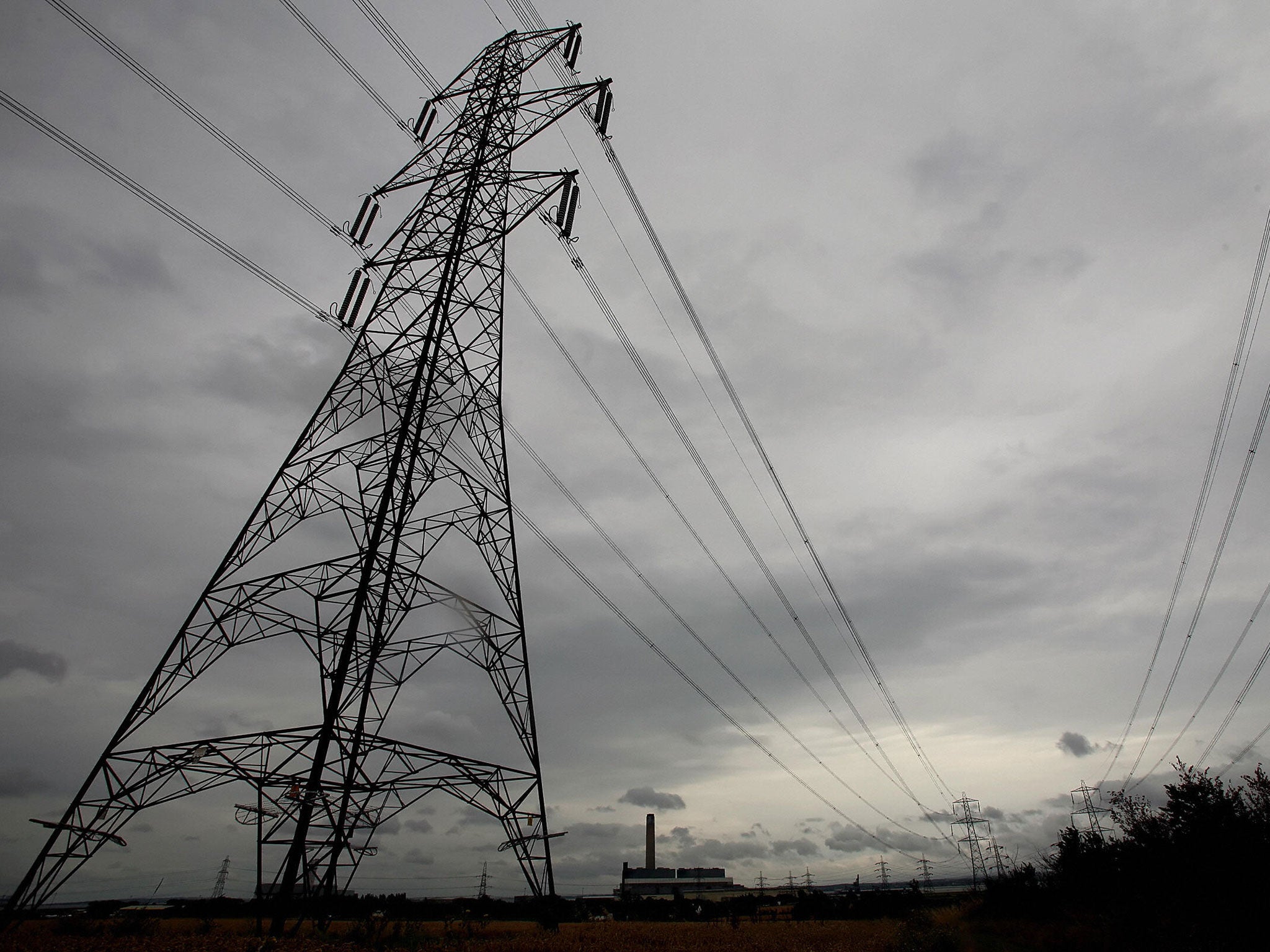‘UK’s stale energy market makes it easy for Big Six to hike prices,’ says new study
While 21 per cent were changing suppliers in 2006, just 11.5 per cent have changed this year

Your support helps us to tell the story
From reproductive rights to climate change to Big Tech, The Independent is on the ground when the story is developing. Whether it's investigating the financials of Elon Musk's pro-Trump PAC or producing our latest documentary, 'The A Word', which shines a light on the American women fighting for reproductive rights, we know how important it is to parse out the facts from the messaging.
At such a critical moment in US history, we need reporters on the ground. Your donation allows us to keep sending journalists to speak to both sides of the story.
The Independent is trusted by Americans across the entire political spectrum. And unlike many other quality news outlets, we choose not to lock Americans out of our reporting and analysis with paywalls. We believe quality journalism should be available to everyone, paid for by those who can afford it.
Your support makes all the difference.The extent of the failure of the UK’s energy market is revealed today by new research showing that competition between the Big Six has fallen to an all-time low.
The proportion of households switching suppliers has almost halved in seven years – making it easier for gas and electricity providers to hike their prices in a stale market, according to a new study seen by The Independent.
Six years ago Britain had the healthiest record among all major developed economies for people shopping around for the cheapest prices, but the country has badly slipped down international league tables. While 21 per cent were changing companies in 2006, just 11.5 per cent have changed this year (including estimates for December). This is partly because the Big Six stopped door-step selling in the second half of 2011 after a series of fines for misleading customers.
The figures will fuel suspicions the Big Six firms, which have all hiked their prices significantly above inflation in recent weeks while announcing huge profits, are taking advantage of the problems people experience in changing provider.
Prime Minister David Cameron has urged customers to switch to better deals – but many find the process difficult and time-consuming.
The report by Helsinki-based consultant Vaasaett is damning. Dr Philip Lewis, Vaasaett’s chief executive, said: “No market has experienced a faster decline in competitive activity, as measured by customer switching, than the once most active market in the world, Great Britain.”
The figures confirm consumer groups’ fears, said Ann Robinson, director of consumer policy at the uSwitch price comparison website.
“This is a major concern and it just shows how far off we are from having a competitive market that works,” she said. “Competition promotes fairer prices, better customer service and increased efficiency.”
This year’s switching figures mark a significant reduction from 1999, when customers were first allowed to change electricity suppliers as part of the ongoing privatisation of the energy market. At that point, the rate of people switching was the highest among the 36 major world markets, at 15 per cent. Britain held onto its crown until 2006 (peaking at 21 per cent in 2006), but the rate has since fallen to 18 per cent in 2010, 15 per cent in 2011, 13 per cent last year – and it will reach a new low of 11.5 per cent this year, putting it in 12th place in the global league table, according to new calculations from Vaasaett.
Dr Lewis said the lack of switching “takes the pressure off the utilities as they are likely to lose fewer customers as a result of price rises.”
Energy UK, the industry association, pointed to figures released this week which showed the number of customers switching doubled to 614,000 in November, from the previous month, of which 125,000 went to a smaller independent supplier, rather than one of the big six. Energy UK chief executive Angela Knight said: “More people are switching energy supplier which is proof that the retail energy market is working well.”
Join our commenting forum
Join thought-provoking conversations, follow other Independent readers and see their replies
Comments